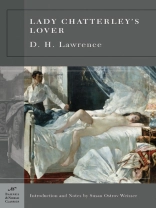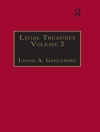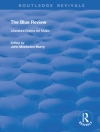Lady Chatterleys Lover, by
D. H. Lawrence , is part of the
Barnes & Noble Classics
series, which offers quality editions at affordable prices to the student and the general reader, including new scholarship, thoughtful design, and pages of carefully crafted extras. Here are some of the remarkable features of
Barnes & Noble Classics:
- New introductions commissioned from todays top writers and scholars
- Biographies of the authors
- Chronologies of contemporary historical, biographical, and cultural events
- Footnotes and endnotes
- Selective discussions of imitations, parodies, poems, books, plays, paintings, operas, statuary, and films inspired by the work
- Comments by other famous authors
- Study questions to challenge the readers viewpoints and expectations
- Bibliographies for further reading
- Indices & Glossaries, when appropriate
Barnes & Noble Classics pulls together a constellation of influences—biographical, historical, and literary—to enrich each readers understanding of these enduring works.
The last, and most famous, of D. H. Lawrence ’s novels, Lady Chatterley’s Lover was published in 1928 and banned in England and the United States as pornographic. While sexually tame by today’s standards, the book is memorable for better reasons—Lawrence’s masterful and lyrical prose, and a vibrant story that takes us bodily into the world of its characters.
As the novel opens, Constance Chatterley finds herself trapped in an unfulfilling marriage to a rich aristocrat whose war wounds have left him paralyzed and impotent. After a brief but unsatisfying affair with a playwright, Lady Chatterley enjoys an extremely passionate relationship with the gamekeeper on the family estate, Oliver Mellors. As Lady Chatterley falls in love and conceives a child with Mellors, she moves from the heartless, bloodless world of the intelligentsia and aristocracy into a vital and profound connection rooted in sexual fulfillment.
Through this novel, Lawrence attempted to revive in the human consciousness an awareness of savage sensuality, a sensuality with the power to free men and women from the enslaving sterility of modern technology and intellectualism. Perhaps even more relevant today than when it first appeared, Lady Chatterley’s Lover is a triumph of passion and an erotic celebration of life.
Susan Ostrov Weisser is a professor in the English Department at Adelphi University, where she specializes in nineteenth-century literature and women’s studies, and teaches frequently in the Honors College.












